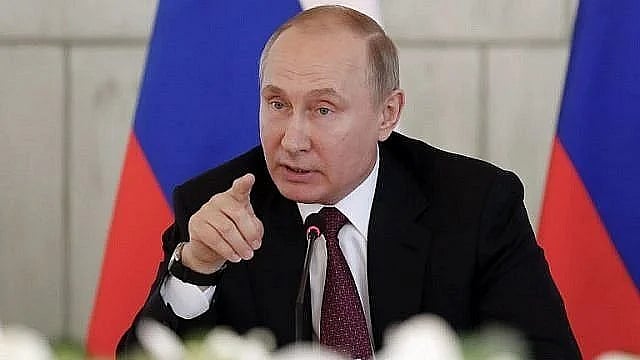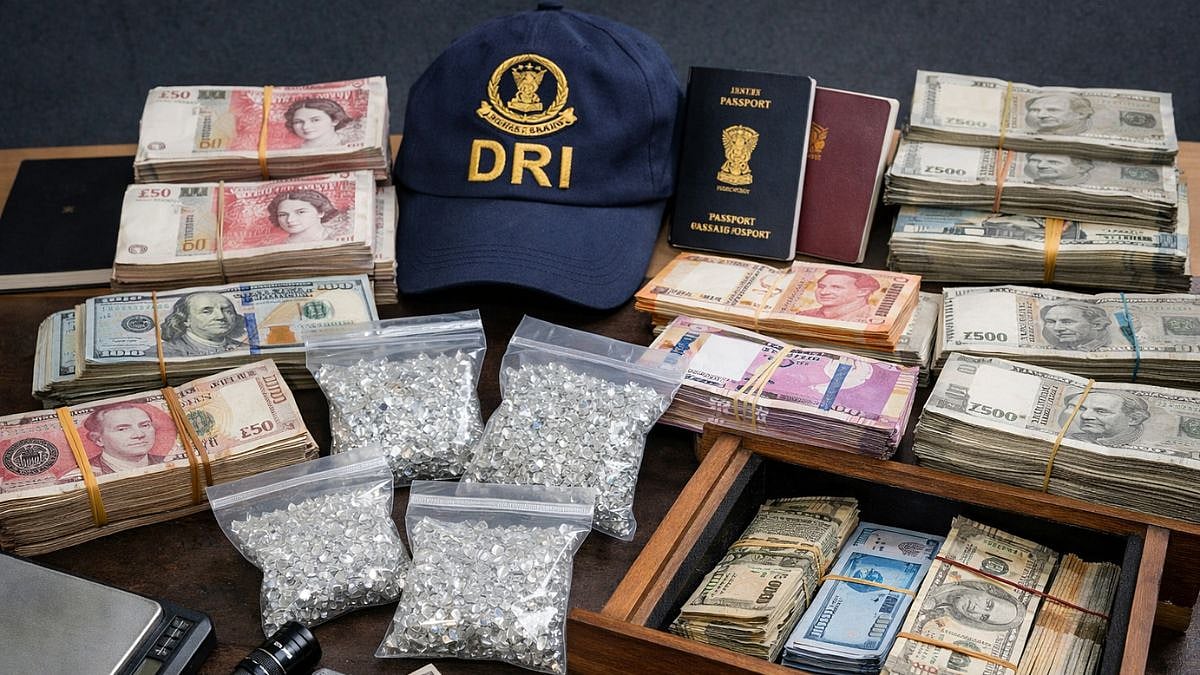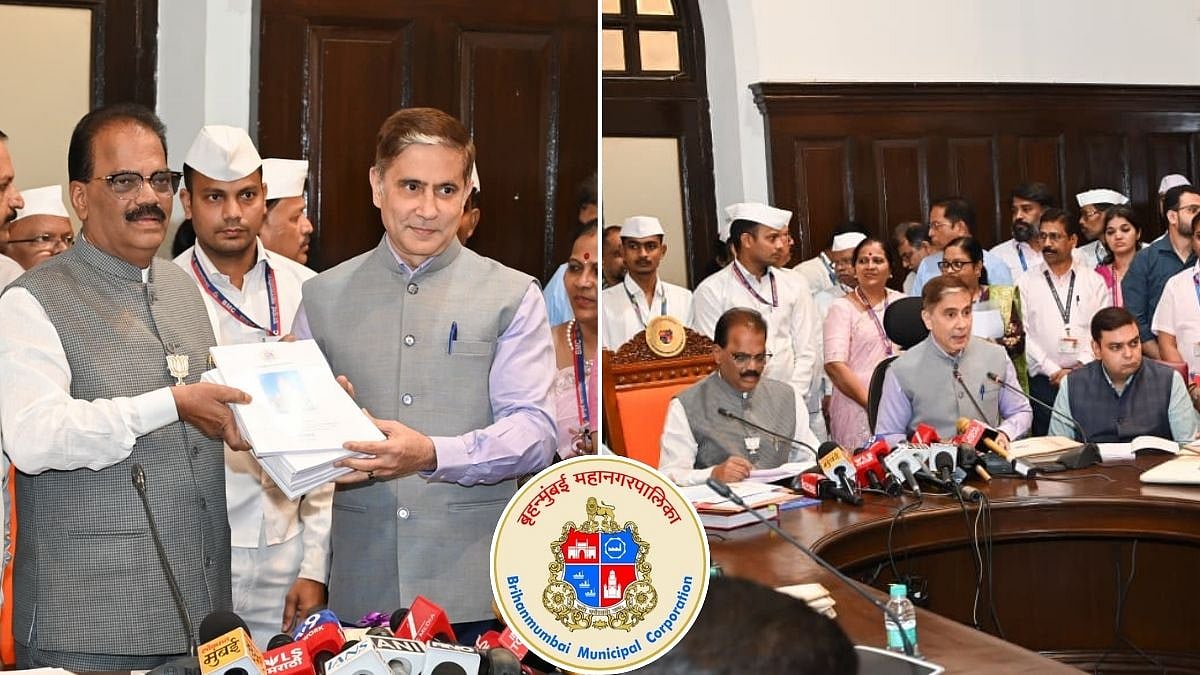Russian President Vladimir Putin has pushed the world into a dangerous new place with his invasion of Ukraine. Enjoying overwhelming military supremacy on the ground, Russian forces are already at the gates of Ukraine's capital Kyiv and a fall of the current Ukrainian regime appears imminent. Russia's land, air and sea attack on Ukraine is the largest military conflict between two European nations since the end of World War II. With the western NATO alliance placing its navy and air forces on high alert, as well as strengthening its military mobilisation along NATO's eastern flanks, there is a very real threat of the conflict escalating into a wider conflict, which has repercussions for the entire world. Russia is not only the world's biggest country by area but the biggest nuclear power with the maximum number of nuclear weapons. With tensions running high on all sides, the possibility of a conventional military conflict escalating into something more cataclysmic has suddenly become frighteningly real. UN Secretary General Antonio Guterres has appealed to Putin “in the name of humanity” to pull back his troops and not allow to start in Europe “what could be the worst war since the beginning of the century, with consequences not only devastating for Ukraine, not only tragic for the Russian Federation, but for the entire world”.
There has been understandable and justifiable global condemnation for Russia's act of blatant aggression. Putin has made Russia's intentions amply clear by recognising the two breakaway regions in Ukraine as “republics” and also neutralising Ukraine's military infrastructure. It is clear that he will try to engineer a regime change in Ukraine, one which will look eastward to Russia and not westward, to the NATO alliance. It is also clear that his idea of restoring Russia's past glory and power clearly includes the forcible redrawing of international borders. This has dangerous repercussions, not only for the Euro zone, but for the entire rules-based international order itself. Remember, the League of Nations, the predecessor of the United Nations, collapsed because of its failure to prevent the outbreak of World War II. India has, due to its own geopolitical compulsions, refrained from out rightly condemning Russia. Prime Minister Narendra Modi has appealed to Russia to settle the conflict through diplomatic negotiation, an appeal which has so far fallen on deaf ears. The US, EU and UK have already announced some early sanctions, targeting certain Russian assets and entities. The US has warned of “severe sanctions” and major economic consequences for Russia. These include sanctions targeting strategic sectors of the Russian economy by blocking their access to the world's financial system, key technologies and markets, in a bid to erode Russia's capacity to finance a prolonged war.
However, such sanctions will have long-term implications for global growth and development. Already the prices of crude oil and natural gas have spiked to new highs, threatening the nascent post-pandemic recovery underway in India and elsewhere. Global supply chain disruptions are bound to further worsen, adding to inflation worries and slowing growth and consumption. While Russia, on its part appears to have prepared the ground somewhat by reducing dependence on western imports and strengthening its financial reserves, its ability to sustain itself in the face of widespread sanctions will be critically dependent on China, which has so far paid lip service to condemning the invasion while vociferously supporting Russia's “legitimate security concerns.”
Russia's adventurism will further embolden China, which has also begun to flex military muscle in pursuit of its territorial and geopolitical ambitions. In fact, the Russia-Ukraine conflict is bound to turn the west's attention towards Europe, which will further isolate India in its attempts to contain Chinese expansionism along its border. With Pakistan President Imran Khan choosing to visit Moscow in the middle of the crisis, it is clear that a dangerous new phase has begun in superpower shenanigans in India's immediate neighborhood. India must remember that China precipitated the 1962 war because the US and the then USSR were preoccupied with the Cuban missile crisis. For Taiwan, which has been facing periodic and menacing displays of military might by China, the possibility of a Chinese invasion has suddenly become very real.
A sustained conflict will have disastrous economic consequences, not only for the parties but the world as a whole. Poorer nations and developing economies – already hit hardest by the pandemic – will end up being the worst sufferers. The world must prevail upon Putin to eschew a military solution and come to the negotiating table. The US and NATO powers must also recognise Russia's security concern and halt the mindless expansion into eastern Europe, while Putin must be made to understand the impossibility of retaining Ukraine through the use of military force without incurring catastrophic economic and human costs. As Afghanistan, Syria and elsewhere have demonstrated, in today's globalised world, there is no such thing as a localised war.




